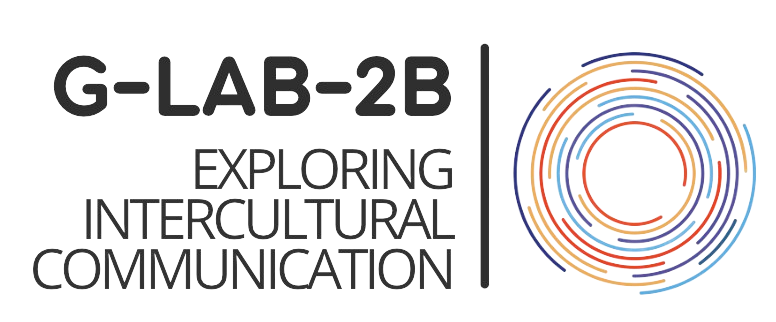Unfortunately, in recent months we have heard many governments of countries, among them: China, Russia, Germany, France, England, Nordic and Baltic countries etc…, say that they will again increase the “defense” budget and arm their armies to be prepared for war. However, this raises the underlying question: If we go back to the same patterns, can we really call the last 70-80 years of our society progress?
History should have taught us that military buildups lead to disastrous consequences without creating long-term solutions and real peace. The insistence on these antiquated mechanisms of crisis and conflict resolution and demonstration of power disqualifies the idea that we have had progress. After World War II the development of our social, ethical and diplomatic capacities should be strongly rooted.
Table of Contents
Real progress: developing lasting peace solutions
Real progress would mean that we are able to learn from past mistakes and address conflicts through diplomacy, empathy, and cooperative problem solving, not through military power. Progress must also include the ability to develop lasting peace solutions that provide security and well-being for all without resorting to war.
At a time when humanity has the knowledge and technology to address global problems such as poverty and inequality, returning to military-first states and armed conflict seems a step, or more, backward. However, this fact is not new. Almost 100 years ago, Albert Einstein already warned of the dangers of an uncontrolled arms race and pointed out that wars are an outdated method of conflict resolution that should no longer have a place in the global community. The repetition of these patterns suggests that we may not be as advanced as we would like to be in our ability to resolve conflicts peacefully and constructively.
“Peace cannot be maintained by force; it can only be achieved by understanding.” Albert Einstein.
In a world characterized by Anthropocentricity, (the era in which humans have become the dominant influence on the environment), we are now at a critical turning point. Humanity faces a multitude of global challenges, ranging from the climate crisis and species extinction to geopolitical power struggles and a growing arms race. These developments raise urgent questions: Have we created systems with a momentum of our own that we can no longer control? Has the world we have “personalized” become too complex? Geopolitical power struggles, now more than ever, and ideological barriers have led to armed conflicts, most notably the Ukraine war and the Gaza conflict, which are fueling a global arms race.
Moving in the right direction: global cooperation
Solving these problems requires a deep understanding of human psychology, both individual and sociological. In this line of thinking, it is appropriate to question the concrete modes of operation of the organizations and institutions we have created and to redefine the conditions for peaceful coexistence in a globally interdependent world society.
Concrete options for action are needed
Start treating peace as a state to be constantly cultivated, and not as a state that simply describes the absence of war.
Innovative solutions for conflict prevention: the Kimberley Process is a good example of innovative approaches to be applied alongside traditional arms control. The Kimberley Process is a certification system, designed to prevent conflict diamonds from entering the diamond market to provide certainty that the purchase of diamonds is not financing wars or human rights violations.
Investment in preventive measures: Greater investment in crisis prevention measures is crucial to avoid potential conflicts at an early stage.
Re-forming the UN: Reforming the Security Council, the General Assembly and funding mechanisms, as well as operating procedures towards a global partnership for peace.
Perhaps more than ever, we have to decide whether we want to make the world worse or better by our actions. I hope that together, we will decide for the latter.


